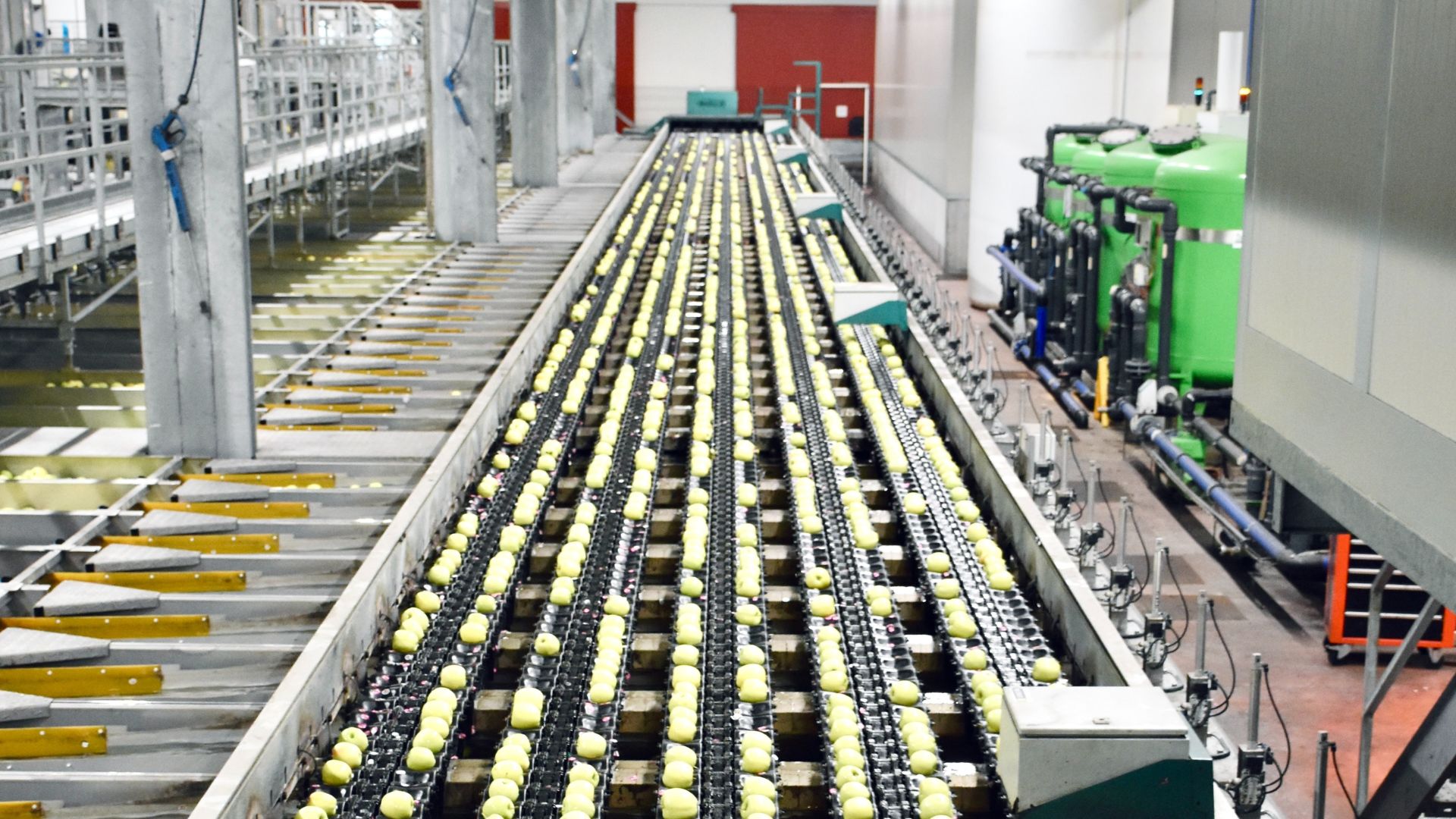The last few years have seen a dramatic uptake in tech, which has been transformative for many industries. The pandemic has driven tech as a necessity to survive. Manufacturing has been a cornerstone of the economy; however, like other traditional industries, the need to implement tech to move forward has increased significantly.
The digitisation of manufacturing is now considered a key not just to growth but essential to survival. There have been some tech initiatives which have helped the manufacturing industry. None compare to the capability deep tech can offer to the manufacturing sector. When the market demands high-quality products to be produced at the cheapest cost in the shortest time, innovations such as artificial intelligence, machine learning or the Internet of Things are essential when developing smart manufacturing.
How AI/ML is transforming manufacturing
When there is manufacturing downtime, it can take time to determine the issue. Sometimes it can be for the smallest of reasons. Businesses can use AI to help predict problems before they happen. Identifying this type of issue ahead of downtime can transform productivity, which is why 93% of manufacturing companies are likely to have implemented AI /ML by 2025.
Companies can also use AI for more than identifying issues. AL /ML can also be used to analyse performance, conditions, and results to model improvements and changes needed to optimise output. The ability to extensively analyse significant data points gives a business real insight into their productivity, offering data-driven options for enhancements and time and cost savings.
Smart manufacturing with the Internet of Things
The internet of things is physical objects with processing ability that can connect to other to the internet and submit information through processed communication networks.
86% of manufacturing businesses believe that creating a smart factory will be a critical initiative that will drive competitiveness over the next five years.
Smart manufacturing can offer a completely new insight into how production is going. The insights help give more control and viability enabling businesses to make smarter decisions more quickly.
The combination of IoT and AI within the manufacturing industry will see less downtime, better forecasting and quicker decision-making, allowing manufacturers to be more agile than before. All these elements will mean those who adopt deep tech within their business can move with the market and stay ahead of the competition more easily than before.
Tech Skills shortage can affect the industry
However, technical skills are needed within manufacturing to optimise the technology. Hiring talent which can help future-proof a business takes time and resources. On top of that, 75% of employers have reported difficulties hiring tech staff into their companies – a 16-year high.
80% of manufacturing CEO have said that they need to increase their digital and technology investments to stay ahead of the current economic climate. Great in-house tech talent is vital to growth in the manufacturing industry. Those who avoid prioritising this talent throughout 2023 could find themselves behind the curve more quickly than expected.
If you are looking for talent for your business, get in touch today.
.jpg)
.jpg)
.png)
.png)
.jpg)
.jpg)
.jpg)